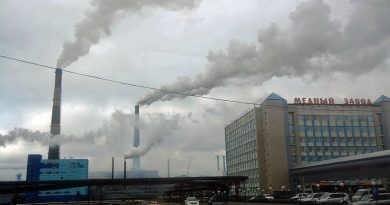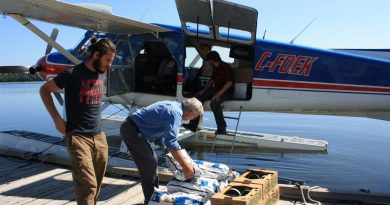Canada supports greater voice for Indigenous organizations on Arctic Council
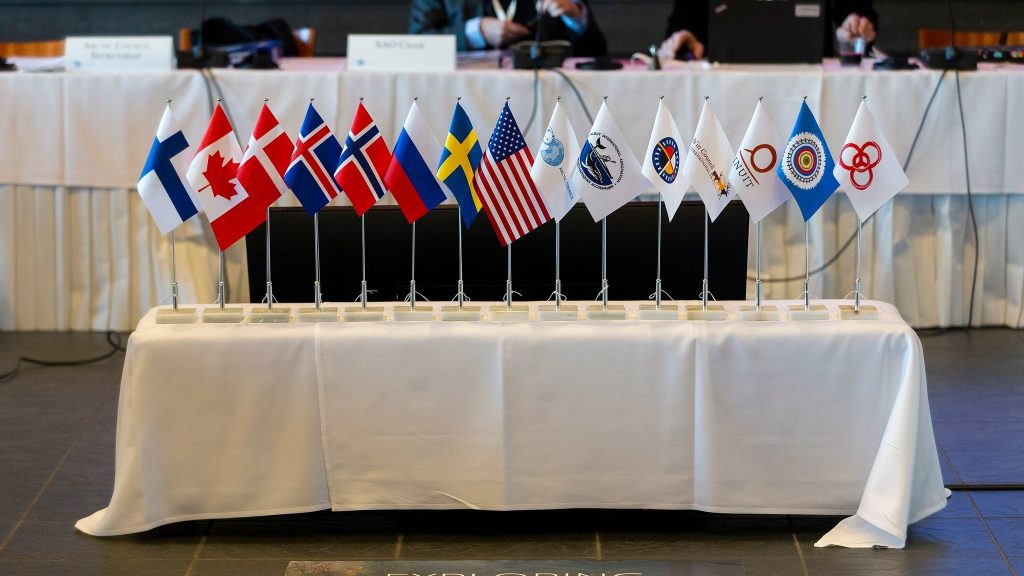
Canada is in favour of a greater voice for Indigenous organizations on the Arctic Council, says the country’s Foreign Affairs Minister Marc Garneau.
“We’re totally in support of that,” Garneau said in a phone interview with Eye on the Arctic.
“From our point of view, we put people first. There are six permanent participants, and three of them are participants that have Canadian representation, so it is very, very important for us to put [the people of the Arctic] first.”
Garneau’s comments came just after the Arctic Council ministerial in Reykjavik on Thursday, where Inuit Circumpolar Council (ICC), the organization that represents the approximately 180,000 Inuit in Alaska, Canada, Greenland, and Chukotka, Russia, expressed concerns over the Council’s commitment to integrating Indigenous perspectives into the forum’s work.
“Participation is one thing, having influence is another,” said James Stotts, head of delegation for the Inuit Circumpolar Council (ICC) within the Arctic Council and president of ICC Alaska, in his recorded address to the delegates.
“What good is participation if no one listens and our concerns are not being paid the attention we think they should be? The current situation within the Arctic Council has become a concern for us. The term meaningful engagement has a different meaning for the Arctic states than it does for the permanent participants.”
Indigenous concerns need more attention in Council, says ICC
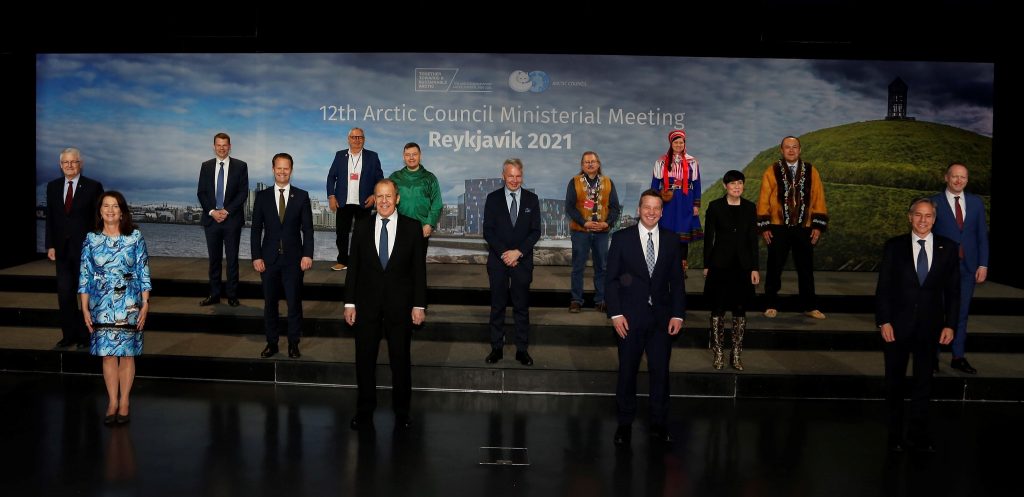
The Arctic Council is an international forum made up of the eight circumpolar nations: Canada, Denmark/Greenland, Finland, Iceland, Norway, Sweden, Russia and the United States; and six Arctic Indigenous groups (known in the forum as permanent participants): the Aleut International Association, the Arctic Athabaskan Council, the Gwich’in Council International, the Inuit Circumpolar Council, the Russian Association of Indigenous Peoples of the North and the Saami Council.
It was founded in Canada in 1996 for the Arctic states to work together on environmental protection and sustainable development.
The Inuit Circumpolar Council, Gwich’in Council International and the Arctic Athabaskan Council all have membership that includes Inuit or First Nations in Canada.

In his address, Stotts also cautioned against the growing number of marine protected areas in the North, and their encroachment on Inuit substance hunting.
“We need to be engaged in the planning, creation and management of those protected areas that are located near or within our homelands,” he said.
“We need guaranteed access to those protected areas to practice our way of life and to those resources that we depend on for nutritional and cultural survival.”
(ICC did not reply before publication of this story to inquiries about the location details of the particular regions of concern.)
Stotts said ICC also wants the Arctic Council to more closely engage with Indigenous priorities like food security, wildlife management, the infrastructure and social services deficit; environmental health issues and cultural survival, and better integrate Indigenous understanding of the North into the global knowledge base.
“It’s time to use Indigenous Knowledge together with science as called for twenty-five years ago,” Stotts said.
Partnership between Indigenous knowledge and science key to Arctic’s future, says Canada
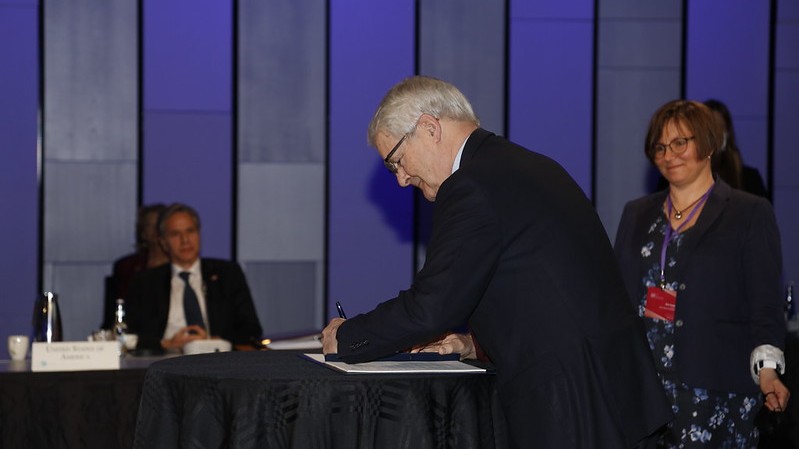
(Gunnar Vigfusson/ Icelandic Ministry for Foreign Affairs)
Garneau says Canada is behind ICC’s call.
“Indigenous knowledge is a primary driving factor in terms of how we move forward in the Arctic and how we value it,” he said.
“These are the people who live there and have lived there for millennia and who have the knowledge that only they have. That combined with the scientific work that’s being done on various issues is what allows us to move forward in the most intelligent manner.”
Write to Eilís Quinn at eilis.quinn(at)cbc.ca
Related stories from around the North:
Canada: The Arctic Council is back on track … or is that a rut?, Blog by Heather Exner-Pirot
Finland: Finnish PM stresses importance of Arctic Council for region’s stability amidst climate change, Yle News
Iceland: With U.S. climate drama behind them, can the Arctic Council turn the page in Reykjavik?, Eye on the Arctic
India: Pole to Pole: India’s Arctic White Paper, Blog by Marc Lanteigne
Norway: Norway’s FM confirms participation in upcoming Arctic Council ministerial, The Independent Barents Observer
Russia: Return to form for Arctic Council as Russia assumes leadership from Iceland, Eye on the Arctic
United States: Russian, U.S. foreign ministers to meet on sidelines of Arctic Council meeting, Eye on the Arctic

